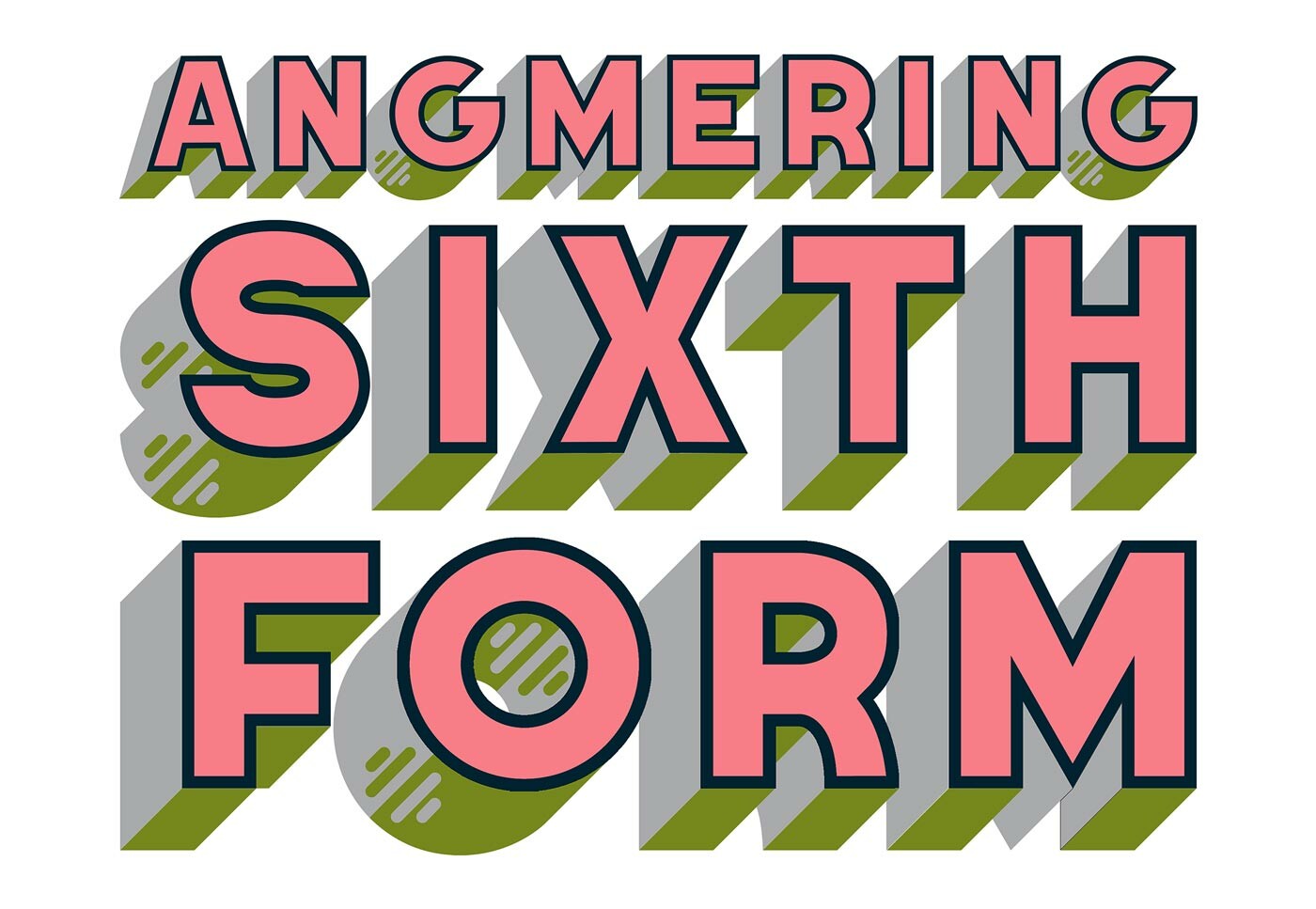Geography A-Level (OCR)
Course Overview
Students will get the chance to learn about the complexities of the world that we live in and the way that people interact with the earth on a daily basis. You will be able to debate controversial issues, see everyday situations in a new light and form opinions on issues that will be essential to your life. Geography at Angmering is taught through a variety of teaching methods including debate, presentations and of course, practical fieldwork, to maximise the engagement of all students which has led to excellent results within the department and many students choosing to continue to study Geography at further education.
The course is examined in 4 different assessments:
- Physical Systems exam – (22% – 66 marks – 1 hour 30 minutes) including studies related to:
-
Coastal Landscapes
-
Earth’s Life Support Systems
-
- Human Interactions exam – (22% – 66 marks – 1 hour 30 minutes) including studies relating to:
-
Changing Spaces; Making Places
-
Global Connection
-
- Geographical Debates exam – (36% – 108 marks – 2 hours 30 minutes) including studies relating to:
-
Disease Dilemma
-
Climate Change
-
-
Investigative Geography Non-Examined Assessment (20% – Coursework)
The coursework can be linked to any of the topics within the A level specification, even those that we do not teach with our choices of exam content. Students are guided through the process of producing a piece of coursework that is a true individual investigation, which means it can be linked directly to elements of the specification that really interest the student.
Students will also get the opportunity to visit key locations that we have studied. In Year 13 they will go on a residential trip to Dorset and visit the Jurassic Coast and see the rebranding of Boscombe. This will support the case studies taught as well as give them the essential data collection skills required for the NEA.
According to the Royal Geographical Society, Geography graduates have some of the highest rates of graduate employment. Geography is great for any kind of career that involves the environment, planning or collecting and interpreting data. Popular careers for people with geography qualifications include: town or transport planning, surveying, conservation, sustainability, waste and water management, environmental planning, tourism and weather forecasting. The army, police, government, research organisations, law and business world also love the practical research skills that geographers develop. As geographers learn about human and population development, geography can be useful for jobs in charity and international relations too.
You should be on track to achieve a minimum of 5 GCSEs at grades 4 - 9, including Maths & English and ideally a grade 5 in Geography.
Please complete this task before you start the course, and be ready to hand it in on the first lesson in September.

